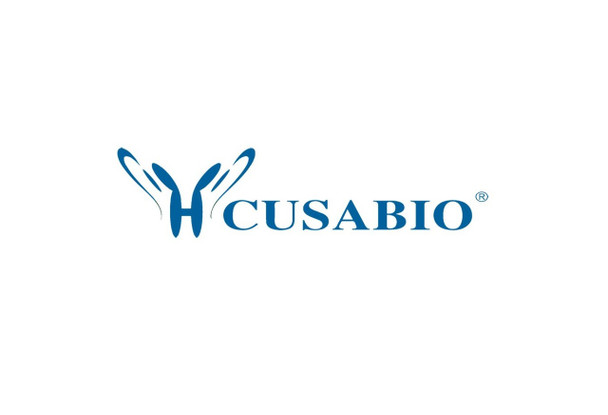Cusabio Active Proteins
Recombinant Mouse Tumor necrosis factor receptor superfamily member 14 (Tnfrsf14), partial (Active) | CSB-AP005311MO
- SKU:
- CSB-AP005311MO
- Availability:
- 5 to 10 Working Days
Description
Recombinant Mouse Tumor necrosis factor receptor superfamily member 14 (Tnfrsf14) ,partial (Active) | CSB-AP005311MO | Cusabio
Protein Description: Partial
Alternative Name (s) : Tnfrsf14; Herpesvirus entry mediator;HVEM; TR2;TNF receptor-like molecule;ATAR;another TRAF-associated receptor;Tumor necrosis factor receptor superfamily member 14
Gene Names: Tnfrsf14
Research Areas: Cancer
Species: Mus musculus (Mouse)
Source: Mammalian cell
Tag Info: C-terminal Fc-tagged
Expression Region: 39-207aa
Sequence Info: QPSCRQEEFLVGDECCPMCNPGYHVKQVCSEHTGTVCAPCPPQTYTAHANGLSKCLPCGVCDPDMGLLTWQECSSWKDTVCRCIPGYFCENQDGSHCSTCLQHTTCPPGQRVEKRGTHDQDTVCADCLTGTFSLGGTQEECLPWTNCSAFQQEVRRGTNSTDTTCSSQV
Biological Activity: The ED50 as determined by its ability to bind Human BTLA in functional ELISA is typically 1.17 ug/ml
MW: 45.6 kDa
Purity: Greater than 95% as determined by SDS-PAGE.
Endotoxin: Less than 1.0 EU/µg as determined by LAL method.
Relevance: Mouse Protein Tnfrsf14, is a type I transmembrane protein belonging to the TNF receptor superfamily. It is tumor necrosis factor receptor superfamily member 14 and expressed on the surface of T cells during the resting state. Interaction of HVEM with TNF family member LIGHT co-stimulates T cells and promotes inflammation. HVEM also triggers inhibitory signaling cascade in effector T (Teff) cells and regulatory T cells (Tregs) as a ligand of B and T lymphocyte attenuator. Tnfrsf14 is detected in peripheral blood T cells, B cells, monocytes and in various tissues enriched in lymphoid cells. It has demonstrated that HVEM Ig is able to exert a significant antiviral effect against HSV-1 infection in vivo.
PubMed ID:
Notes: Repeated freezing and thawing is not recommended. Store working aliquots at 4℃ for up to one week.
Function:
Involvement in disease:
Subcellular Location:
Protein Families:
Tissue Specificity:
Paythway:
Form: Lyophilized powder
Buffer: Lyophilized from a 0.2 μm filtered 20 mM PB, 150 mM NaCl, pH 7.4
Reconstitution: We recommend that this vial be briefly centrifuged prior to opening to bring the contents to the bottom. Please reconstitute protein in deionized sterile water to a concentration of 0.1-1.0 mg/mL.We recommend to add 5-50% of glycerol (final concentration) and aliquot for long-term storage at -20℃/-80℃. Our default final concentration of glycerol is 50%. Customers could use it as reference.
Uniprot ID: Q80WM9
Uniprot Entry Name:
HGNC Database Link: N/A
UniGene Database Link: N/A
KEGG Database Link: N/A
STRING Database Link: N/A
OMIM Database Link: N/A









